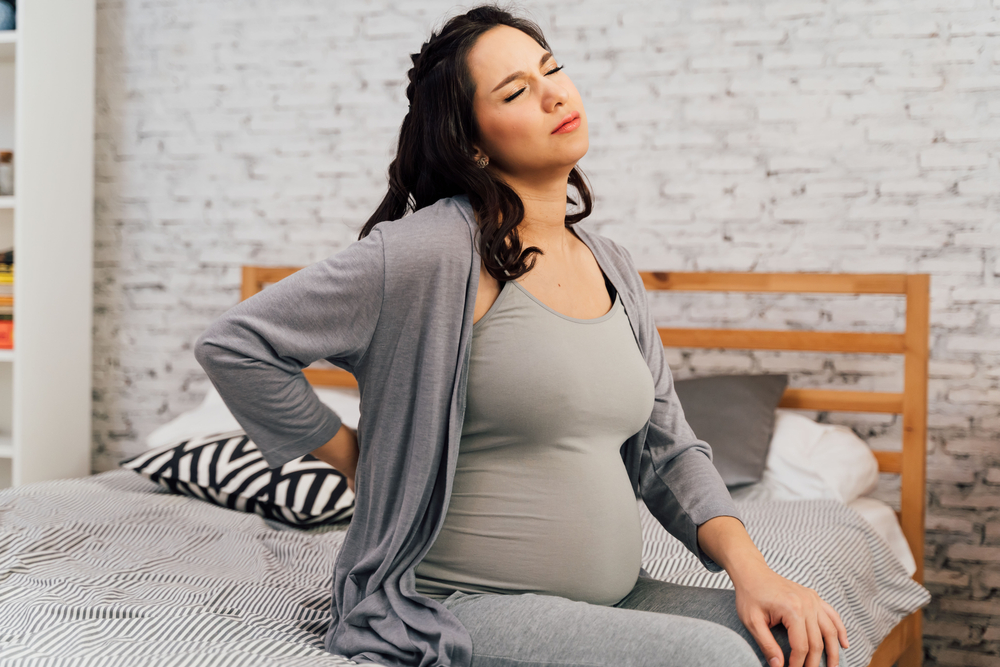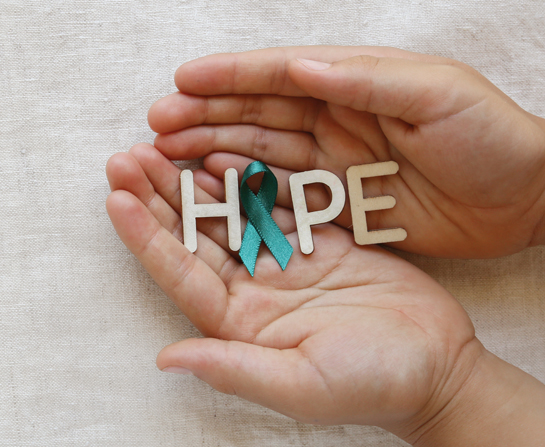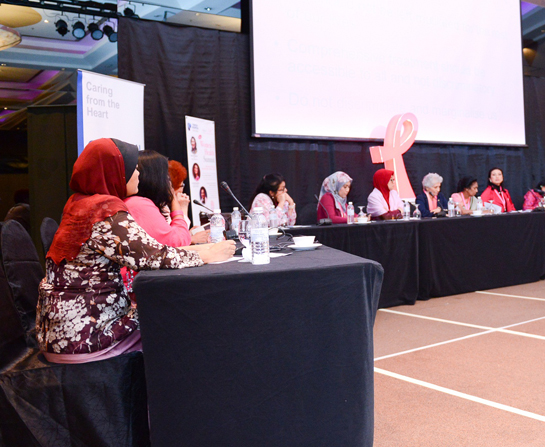It’s common for women to experience lower back pain during pregnancy. Consultant orthopaedic surgeon Dr Lim Sze Wei will touch on the reasons why the lower back can act up during pregnancy, and how you can manage lower back pain during and after your pregnancy.
WORDS LIM TECK CHOON
 FEATURED EXPERT FEATURED EXPERTDR LIM SZE WEI Consultant Orthopaedic Surgeon ALTY Orthopaedic Hospital |
Dr Lim Sze Wei shares that back pain tends to arise between the 5th and 7th month of pregnancy, though it can begin much earlier.
Often, the onset of pain occurs around the 18th week and reaches peak intensity between the 24th and 36th week of pregnancy.
WHAT CAUSES YOUR LOWER SPINE TO ACT UP DURING PREGNANCY?
Weight Gain
- You will usually gain 11 to 16 kg during pregnancy, and the extra weight puts pressure on your spine.
Posture Changes
- As your pregnancy progresses and your belly swells further, the extra weight pulls your lower back forward.
Hormonal Changes
- Dr Lim Sze Wei shares that you will produce the hormone relaxin during your pregnancy.
- This hormone allows your pelvic area to loosen up further to accommodate the birthing of your child.
- At the same time, the actions of the hormone can also cause your spine to become tad too relaxed, leading to pain and instability.
Stress
- Emotional stress can cause the muscles of your back to tense up, giving rise to back spasms and pain.
WANT TO MINIMIZE BACK PAIN DURING PREGNANCY? PREPARE EARLY!
Once you know the time is right to have a child, consult with your doctor on the most appropriate exercises you can do to prepare your body to carry all the extra weight during pregnancy.
Dr Lim recommends starting your exercise programme as early as possible, so that your spine can maintain enough of its core strength throughout your pregnancy.
Walking or Riding a Stationary Bike
- 20 to 30 minutes a day
- Helps strengthen your legs
Simple Abdominal Exercises
- Helps to support the belly and protect the back.
DURING YOUR PREGNANCY
Body and Weight
- Consult your obstetrician and gynaecologist for the most appropriate ways to practice and monitor your diet and weight gain.
Posture
- Maintain good posture while sitting and standing throughout the day, as this helps to take the strain off your lower back.
- While side-sleeping, support yourself with pillows between the knees, under the abdomen, and/or behind the back.
Footwear
- Put aside the high heels and flip flops for now.
- During your pregnancy, wear low-heeled shoes with arch supports.
- If your shoes become too small and tight, it’s time to get new ones.
Be Active
- “Exercise is also an important preventative measure for back pain,” says Dr Lim.
- However, he cautions against doing too much straining and high impact activities.
- Instead, consider walking, swimming, and yoga — these are great ways to build strength in the pelvis, hip, and lower back during pregnancy. Of course, consult with your doctor first as to whether these options are appropriate for you during your pregnancy.
Relax!
- Consider prenatal massage, relaxing with a heating pad against the lower back, and getting plenty of rest.
AFTER DELIVERY
Postpartum back pain is a very real issue.
- Dr Lim explains that a woman with this condition will experience sudden or newly developed pain in the lower back after pregnancy.
- One may experience postpartum back pain while performing activities that involve body movements, such as walking, lifting, bending, or carrying the new baby
- While the pain may go away about 6 months later, some women may experience persistent pain for up to a decade.
To reduce your risk of developing postpartum back pain:
- Begin exercising as soon as you can after delivery, to restore the tone of the muscles in your abdomen and back.
- Aim to get back to your normal weight within 6 weeks after giving birth.
- Avoid twisting your body too much when carrying and feeding your baby.
FINALLY, DON’T SUFFER IN SILENCE
Dr Lim points out that back pain is not something that pregnant women and new moms should just endure in hopes of it going away on its own soon.
In fact, persistent back pain may be a sign that you may have a more serious health condition that needs to be addressed.
Hence, he recommends consulting your doctor if your back pain doesn’t subside.
| This article is part of our series on being and feeling the best while one is pregnant. |








